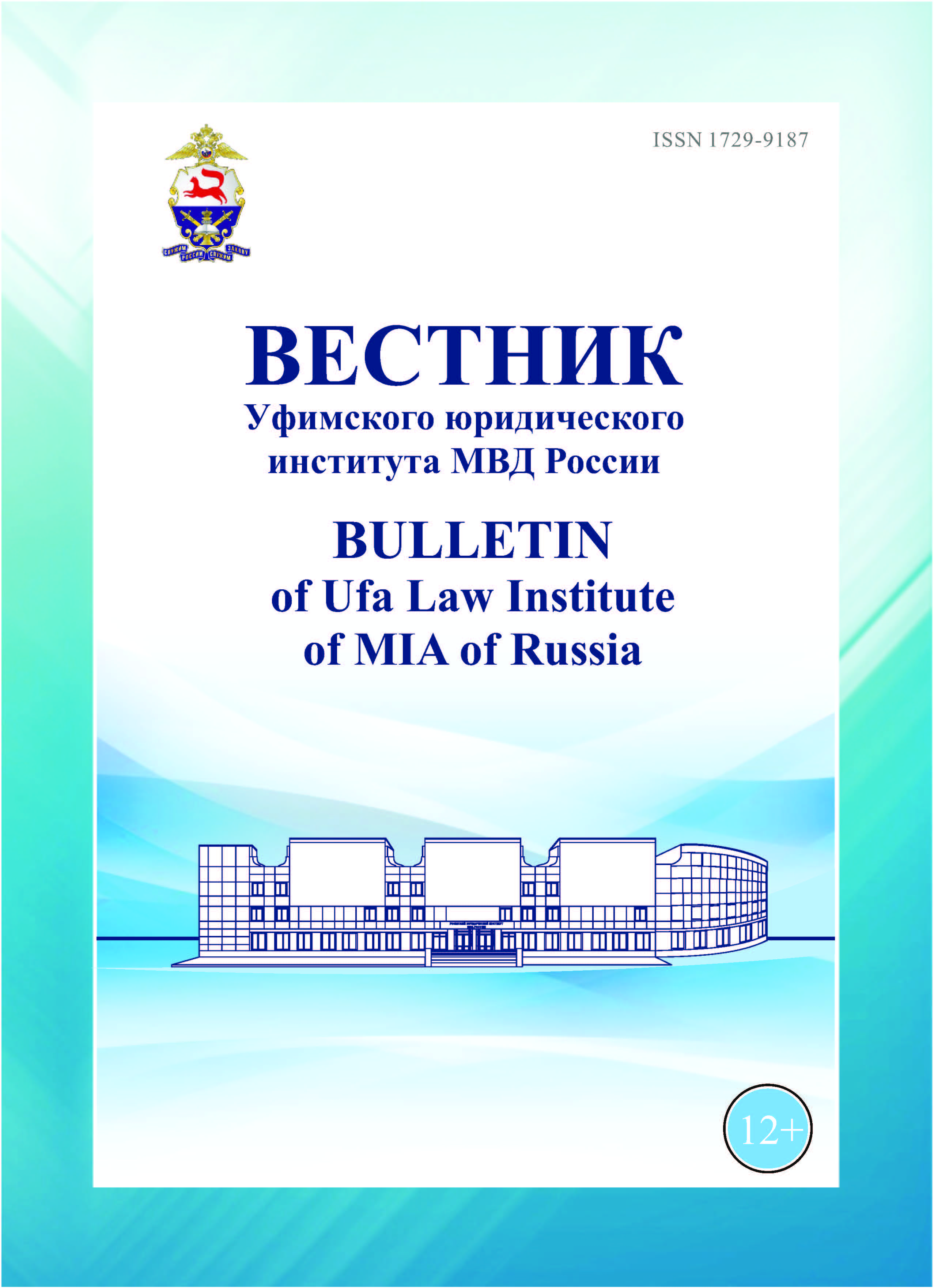St. Petersburg, St. Petersburg, Russian Federation
UDC 37.011.33
The article deals with professional education in educational institutions of the Ministry of Internal Affairs of Russia as the education of representatives of the service profession. The authors point to the risks associated with the socio-cultural characteristics of generations Z and Alpha, which have a destructive effect on the professional self-determination of their representatives. The humanitarian-anthropological approach is considered as the basis of an adequate way of educational activity in educational organizations of the Ministry of Internal Affairs of Russia. The development of subjectivity in the chosen profession among students is proposed to be carried out in anthropological practices. A variant of designing anthropopractices of professional education in the classes of disciplines of the humanitarian cycle in the logic of pedagogy of understanding is proposed. It involves a dialogue work with cultural texts, in which the values of the professions of service are objectified. The pedagogical worker consistently designs and implements the didactic and understanding contexts of the lesson. They create conditions for the student's emotional response, reflection and self-determination in relation to the values of the chosen profession.
professional education, professional self-determination, educational organizations of the Ministry of Internal Affairs of Russia, intergenerational interaction, values of national culture, anthropological practice
1. Scholz C., Rennig A. (ed.). Generations Z in Europe (The Changing Context of Managing People). Bingley: Emerald Publishing Limited. 2019. P. 285–299.
2. Mukhametzyanova F. G., Stepanova K. I. Reflections on new generations of students and features of the alpha generation in global education // Global Economics and Education. 2021. № 2. P. 46–42. (In Russ.).
3. Tryapitsyna A. P. New nomenclature and passports of scientific specialties in pedagogy: the problem of substantiation // Letters to Emission. Offline (The Emission.Offline Letters): electronic scientific journal. 2021. No. 8 (August). ART 2975. URL: http://emissia.org/offline/2021/2975.htm (accessed: 21.10.2022). (In Russ.).
4. Slobodchikov V. I. Isaev E. I. Psychology of human education. Moscow: Publishing house PSTGU, 2013, 432 p. (In Russ.).
5. Moskovchuk L. S., Pafomova L. A. Profession as a subject of philosophical analysis // Actual problems of the humanities and natural sciences. 2015. No. 11-2. P. 73–81. (In Russ.).
6. Rezapkina G. V. Accentuation and choice of profession // School technologies. 2011. № 1. P. 45–51. (In Russ.).
7. End of the familiar world. The Knife Magazine’s Guide to New Ethics, New Relationships, and New Justice. Moscow: Alpina non-fiction, 2020. 180 p. (In Russ.).
8. Senko Yu. V., Frolovskaya M. N. Pedagogy of understanding. Moscow: Drofa, 2008. 224 p. (In Russ.).
9. In the Far East. Letters from a Japanese missionary. Moscow: Sretensky Monastery, 2013. 384 p.(In Russ.).










